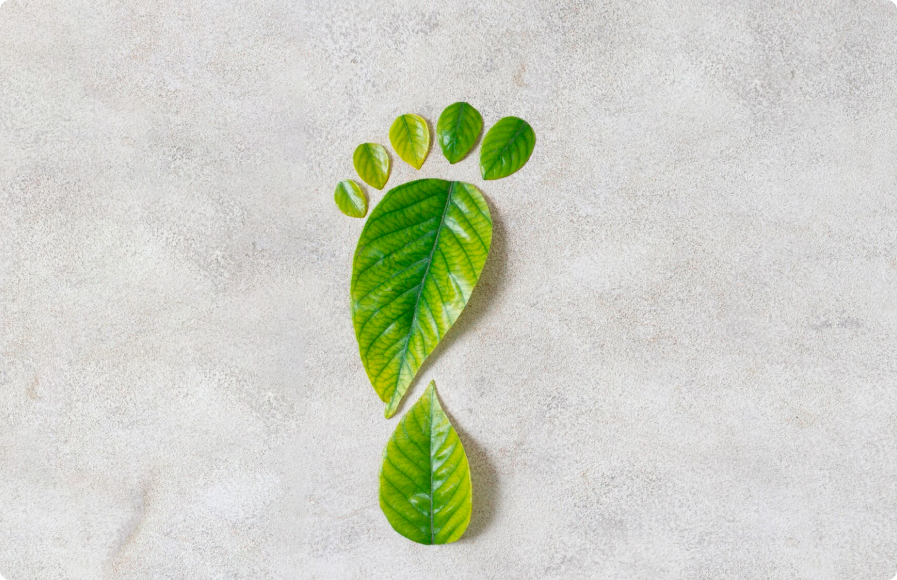Waste collection and recycling in Kazakhstan

Waste collection and recycling are important aspects of sustainable development and environmental protection. These processes aim to reduce the amount of waste, prevent its negative impact on nature and public health, and promote the reuse and recycling of materials. Waste collection involves separating waste at the point of origin and transporting it to recycling or disposal facilities. There are various collection methods and systems, including containers for waste segregation, special bins for specific types of waste (e.g., paper, plastic, glass), and collection points where residents can drop off waste for further processing.
Recycling involves using technologies and processes to turn waste into new products or raw materials. This can include mechanical recycling (e.g., crushing, sorting, cleaning), biological recycling (e.g., composting), chemical recycling, and other methods. The goal of recycling is to produce secondary materials that can be used in manufacturing new goods or materials.
The ultimate goal for each of us is to live in a clean and healthy environment, enjoy the beauty of our planet, and pass it on to future generations in a better state. We all play an important role in achieving this goal, and recycling waste is one of the key steps we can take in this direction.
Advantages of Recycling Waste
Recycling waste has numerous advantages and benefits, both for us and for our planet.
- Reducing Landfill Waste: Recycling helps decrease the amount of garbage sent to landfills or incinerated. This reduces environmental impact and preserves space for future generations.
- Preserving Natural Resources: Many materials we discard as waste can be recycled and turned into secondary raw materials, reducing the consumption of finite resources and minimizing the environmental impact of extracting new materials.
- Economic Development: Recycling creates jobs and supports economic growth. Companies investing in recycling infrastructure and technologies generate employment and contribute to the eco-industry.
- Reducing Pollution: Proper recycling and disposal of waste reduce risks of soil, water, and air pollution, preventing harm to nature and human health.
- Promoting a Circular Economy: Recycling transforms waste into valuable resources for producing new materials and products, reducing the consumption of primary resources and building a more sustainable and efficient economy.
Examples of Waste Collection and Recycling Companies in Kazakhstan
- Ecosen:
Ecosen is a Kazakhstani environmental project focused on accepting recyclable materials and promoting ecological education. Website. Services include collecting various types of waste, providing eco-boxes, transporting recyclable materials, and educating people about proper sorting. Their main collection point is in Almaty near Mega Center Alma-Ata. If the station is far from your home or office, the company offers waste transportation services.Accepted Waste Types:- Plastic: Types include 1 PET (beverage bottles, yogurt containers, clear shampoo bottles), 2 HDPE (bottle caps, detergent bottles), 4 LDPE (plastic bags, food containers), and 5 PP (chocolate wrappers, food packaging, container lids).
- Paper: Corrugated cardboard 20 PAP (appliance boxes, pizza boxes), cardboard 21 PAP (cereal packaging), paper 22 PAP (newspapers, magazines, notebooks, brochures).
- Glass: Colorless glass 70 GL (beverage bottles, jars, mineral water bottles).
- Metal: Aluminum cans 41 ALU (drink cans, food tins), other ferrous and non-ferrous metals (pots, pipes, fittings).
Sorted and compressed materials are sent to recycling plants.
- KWR (Kazakhstan Waste Recycling):
Part of Kazakhstan Kagazy PLC, KWR is one of the largest companies in Kazakhstan for collecting and sorting paper and other recyclables. Website. Collection points in Almaty include Aksai-3 Microdistrict, Timiryazev Street, and Samal-1 Microdistrict.Accepted Waste Types:- Plastic: Types include 1 PET (beverage bottles), 02 PE-HD (chemical containers), 04 PE-LD (plastic bags, stretch film).
- Paper: Cardboard, A4 paper, receipts, newspapers, glossy magazines, books.
- Glass: Transparent glass containers 70 GL (bottles, jars).
- Aluminum Cans: Only cans from beverages (e.g., energy drinks, soda, juices).